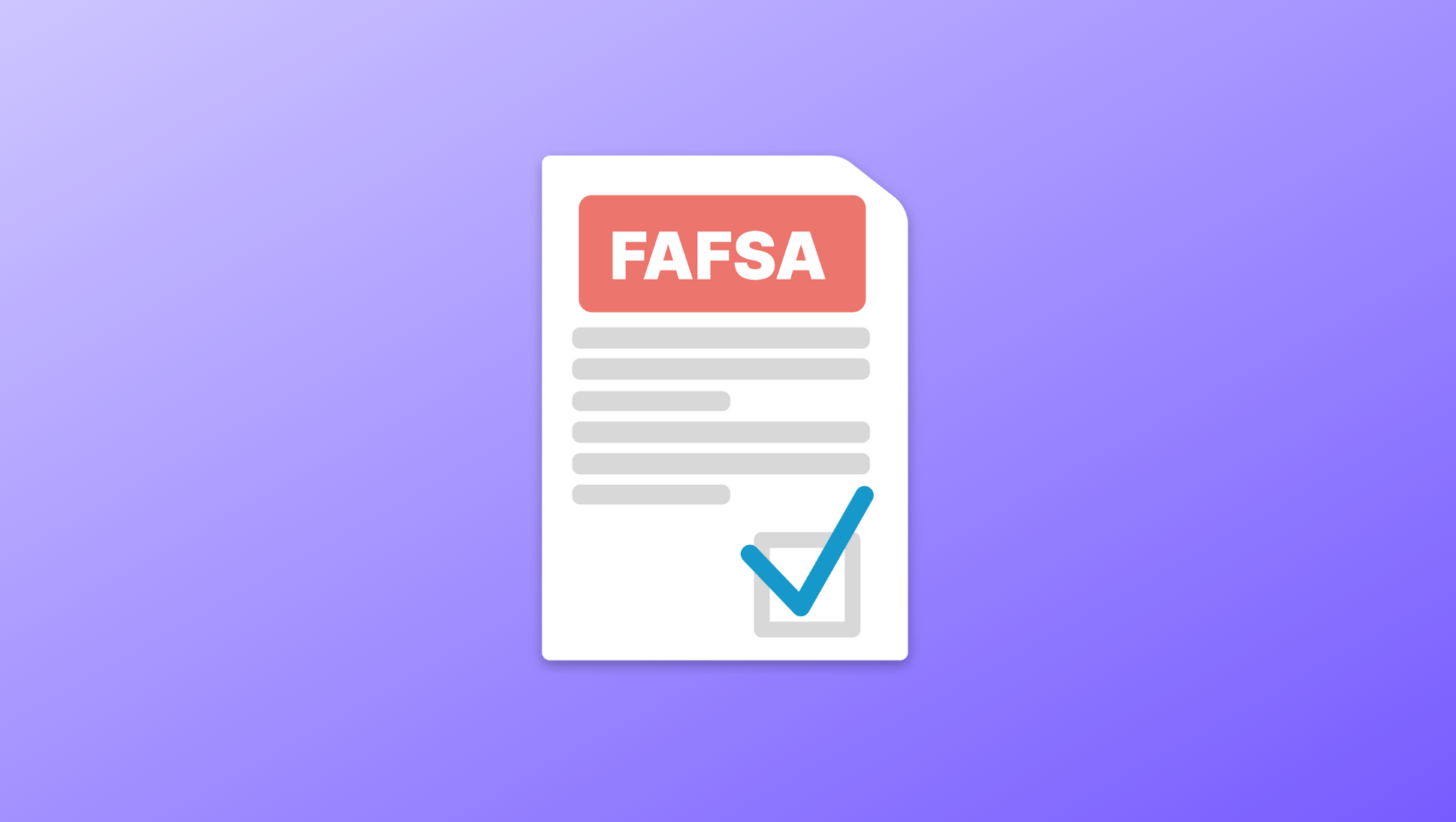4 min read
ACT and SAT Must-Knows for High Schoolers
We recently published a podcast episode on this topic. This blog post provides a recap of what we covered during the episode. Hi! It’s Abby from...
Free for students & their families
Seamlessly integrated, affordable systems for use across your district.
Career Readiness for 6-8 grade, built to guide and track progress in the early years of career exploration.
Scoir + Common App are integrated for the 2025-26 academic year!
Check out content and practical guides to help inform your enrollment strategies and programs.
3 min read
 Julie Kampschroeder
:
September 02, 2025
Julie Kampschroeder
:
September 02, 2025

The FAFSA verification process can be overwhelming and daunting to first generation and/or low income (FLI) students, especially because their ability to attend college is heavily dependent on cost. The significance of the FAFSA process and the many questions that come up along the way make it critical that counselors provide extra support to their students to help them fill out the forms correctly.
Just when some students think they're done, they might be selected for verification by the government.
To help, I’ve outlined the most common questions that come up through the verification process for those who are navigating this process with students at their school.
Students fill out the FAFSA form each year to receive financial aid for college. The federal government can't audit every family to ensure the information is correct, so they will occasionally select students and families to verify the information they submitted on the form. Colleges and universities may also opt to randomly verify FAFSA information. Some small colleges verify every family's FAFSA.
After a student completes the FAFSA form online, they should be able to see if they were selected for verification in their FAFSA Submission Summary. They may see a red exclamation mark on the "Next Steps" tab. If a student sees that red exclamation mark, they'll want to investigate further and see if the Submission Summary mentions that they were selected for verification. Any errors on their FAFSA should be flagged in the system.
If a student was selected for this process, they will likely receive an email from colleges they applied to. It wouldn't hurt to give students a heads up that they may receive emails from their colleges soon.
Please remember: being selected for verification doesn't mean the FAFSA was filled out incorrectly.
There is no definitive way to prevent being chosen for FAFSA verification.
However, there are some circumstances where a student's FAFSA information doesn't need to be verified. The Federal Student Aid Handbook outlines these circumstances.
Using the IRS Data Retrieval Tool is a great way to reduce potential FAFSA application errors.
However, keep in mind that not all students and families can use this tool. As of September 2, 2025, Federal Student Aid called out the following on their site: "Students or parents who are married and filed as 'Married Filing Separately,' are married and filed as 'Head of Household,' or filed a Puerto Rican, foreign tax return, or an IRS Form 1040NR aren’t eligible to use the IRS DRT and will need to enter their tax return information manually."
When verifying FAFSA information, students and families will likely need to submit W2s and tax records so the FAFSA and the colleges the student applied to can confirm that all the information matches up.
Most of my students were FLI students, so I tried to simplify this confusing process for families. When I was a counselor (prior to the existence of the IRS Data Retrieval Tool...so take this with a grain of salt!), I personally downloaded copies of the 4506 T form online and filled them out as much as possible (correct dates, checkmarks) for both non-filers and those requesting tax transcripts. I kept these FAFSA verification documents in my office so they were ready to give to the student.
I explained that everything must match up (address changes from the tax year can trip up families who move often or are in transition/homeless). They must also have their social security number correct.
Next, I had the main office print the correct address labels to send completed 4506 T form requests. The correct address for your state was on the second page (it changes by state). I placed these on envelopes and gave them to the students along with the 4506T form.
I also had stamps for students to purchase (our district cannot afford to give them out for free) in my office. Students rarely send mail via the post office and they have no idea where to purchase stamps. They also rarely have cash but they'll find the money to have their financial aid information processed.
I personally believe anything and everything I can do to break down the barriers for my students to get to college is part of my job. These little steps have assisted my students to have a higher completion rate for verification. To me, it is worth the little extra effort.
A very wise nonprofit friend of mine suggests: yes. In the past, she noticed that high numbers of students with zero SAI were either chosen by the federal government or the college for verification. This process takes time to complete, so working ahead is a good idea. A FLI student who ignores the request and has to complete the process alone during the summer with no assistance is likely to be a victim of summer melt.
This article was originally published on November 15, 2019. It was updated on September 2, 2025 for accuracy and comprehensiveness.

Julie Kampschroeder has over three decades of experience working with high school students. She is passionate about assisting first-generation and low-income college-bound students. Julie worked in a diverse high school in St. Louis, Missouri. Early in her career, she volunteered countless hours with the Missouri Association of College Admission Counselors (MOACAC) and earned both the President’s Service Award (2008) and Peggy Clinton Lifetime Service Award (2012). As a first-generation college student herself, growing up in a small town, she is most proud of the National Association of Admissions Counselor Inclusion, Access, and Success Award (2013). Maya Angelo’s motto of “when you know better, you do better” guides her work in educating first-generation students to level the playing field in college admissions.

4 min read
We recently published a podcast episode on this topic. This blog post provides a recap of what we covered during the episode. Hi! It’s Abby from...

6 min read
Gaining admission to the college(s) of your choice might weigh heavily on your mind at the moment. The odds are that the prospect of affording...

8 min read
The Free Application for Federal Student Aid (FAFSA), managed by the Department of Education, is the gateway to federal and state financial aid for...